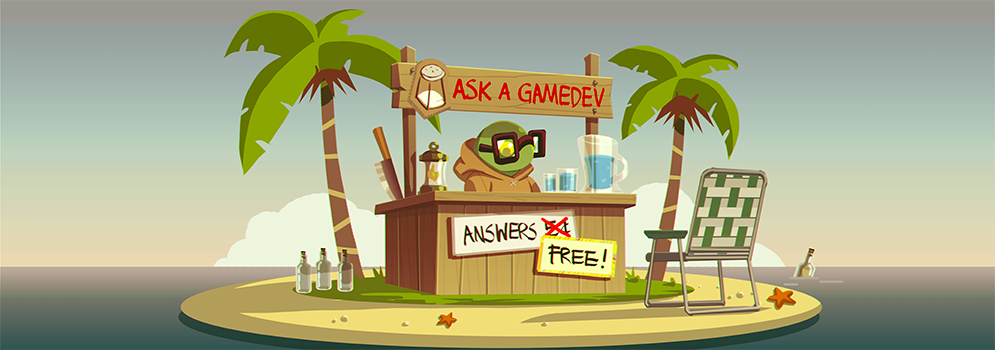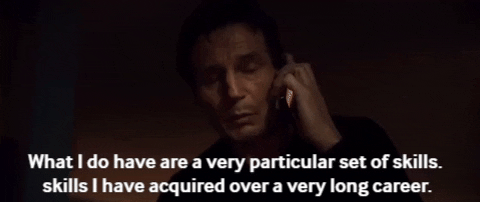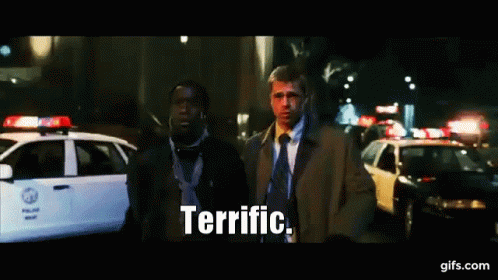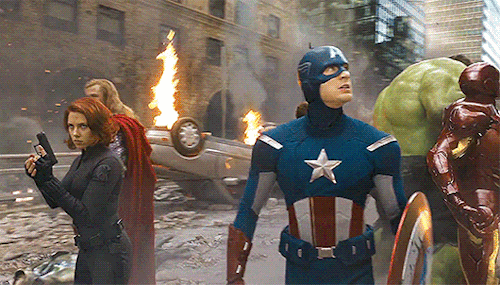Q
Anonymous asked:
Have you, or some of your colleagues, ever worked on a game you didn't particularly like? Not like "the creative team is wrong and I hate it", but more like your taste didn't align with the director's, or the game wasn't something you'd care to play. If so, how do you cope with that, given that projects can last for several years, often with intense working conditions?
Thanks for the blog!! It's always a great read.
A
My very first job in the game industry was working on a game in a genre I had little personal interest in, programming parts of the game I never had any particular interest in. I was quite far away from the kind of games I grew up playing or dreamed of making, but I did my best anyway because I knew that it was the best opportunity I had to get to where I wanted to be. Since then, I’ve worked on projects that I thought were great until they got cancelled, projects where I didn’t see eye to eye with the creative leadership, and all sorts of other projects besides.
Even if the big picture game isn’t in my particular wheelhouse, that doesn’t mean I can’t do my best to solve the problems I’m tasked with. I enjoy coming up with creative and engaging ways to grab the attention of the target players. Even if the game isn’t to my taste, the problems I solve are still interesting and the solutions I deliver can still be clever, elegant, and robust. I can still do work that I can be proud of. This is what it means to be professional - I’ll always deliver high quality work at a shippable level, even if I don’t personally enjoy the game I am making.
Taking a step further back beyond the personal circle, I’ve also learned that the project itself doesn’t mean much if I’m not working with people I can enjoy collaborating with, no matter what dream IP or concept it might be. What really matters are the people I work with, not the project itself. If I work with great people, the project will be great. If there’s no team cohesion or camaraderie, the project can’t be great. I remember going from a team with little cohesion and noncommittal leadership (leading to terrible morale) to a team with stronger leadership and cohesion. I know that my morale palpably improved after transitioning off of the first team and onto the second.
That’s really the long and the short of it - on a personal level, I get more job satisfaction when I’m solving interesting problems and challenging myself to level up as a designer, engineer, and developer. On a project level, my morale is higher when I’m working with people I feel I can trust to do their jobs and that we can all work towards well-defined common goals. The particular game idea, story, genre, etc. tends to take a back seat to both my role and my team. Without a good role and team, I’ll be miserable and even the most interesting game idea or IP in the world wouldn’t be enough to keep me from looking to jump ship.
[Join us on Discord] and/or [Support us on Patreon]
Got a burning question you want answered?
- Short questions: Ask a Game Dev on Twitter
- Long questions: Ask a Game Dev on Tumblr
- Frequent Questions: The FAQ
Notes
 brandonvout liked this
brandonvout liked this kalinary reblogged this from askagamedev
chromarin liked this
ursopanda liked this
herooftimelords reblogged this from askagamedev
herooftimelords liked this
inabunss liked this
wincenworks liked this
turboherne reblogged this from askagamedev
 aipeteka liked this
aipeteka liked this supercomputer276 reblogged this from askagamedev
mareloflondor liked this
ludowoods liked this
starwers liked this
cyrusoeriahi liked this
shindetsuku liked this
isayoldbean liked this
 questdesign liked this
questdesign liked this paperboy64 liked this
 memeticcontagion reblogged this from askagamedev
memeticcontagion reblogged this from askagamedev thiefylilelf liked this
 dreadfutures liked this
dreadfutures liked this kalinary liked this
theothin reblogged this from askagamedev
theothin liked this
badass-at-cuddling reblogged this from askagamedev
trixiedjinn liked this
wizard-of-whispers liked this
 askagamedev posted this
askagamedev posted this Have you, or some of your colleagues, ever worked on a game you didn't particularly like? Not like "the creative team is...



